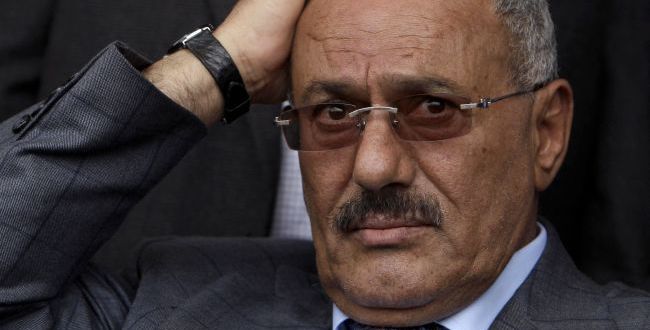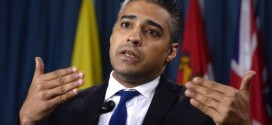
Yemen: US sanctions ex-president Saleh, two rebel commanders
The United States on Monday imposed sanctions on former Yemen President Ali Abdullah Saleh and two Huthi commanders, only two days after Saleh walked out on the new government. The sanctions follow Saturday’s UN sanctions on the three, imposed for threatening peace in Yemen.
The US Treasury said that it was blacklisting Saleh, Abd al-Khaliq al-Huthi and Abdullah Yahya al-Hakim “for engaging in acts that directly or indirectly threaten the peace, security, or stability of Yemen”.
Saturday’s UN sanctions had prompted Saleh to pull the General People’s Congress party from the newly formed cabinet, plunging the nation back to political crisis after months of negotiations for a peace deal between Saleh, Huthi rebels, who are believed to be allies, and their political opponents.
According to the US Treasury, the three “have, using violence and other means, undermined the political process in Yemen and obstructed the implementation of its political transition, outlined by the agreement of November 23, 2011 . . . which provides for a peaceful transition of power in Yemen”.
Due to the sanctions, their assets in US jurisdiction will be frozen; additionally, all Americans cannot do business with them.
Saleh was Yemen’s President from 1990 to 2012 before he was forced to give up his post following nationwide protests.
Since then, he has “reportedly become one of the primary supporters of violence perpetrated by individuals affiliated with the Huthi group”, the US Treasury said.
It added that Hakim was implicated in plotting a coup against Yemeni President Abd Rabbuh Mansur Hadi as Huthi rebels tried to take over Yemeni capital Sana’a. It also said that Hakim stayed in Sana’a till September “to organize military operations so as to be able to topple the Yemeni government” if the peace efforts failed. Rebel commander Al-Huthi masterminded several attacks on foreign diplomatic facilities and the Yemeni government over the past year, it added
 The Arab Democrat The Latest From The Arab World
The Arab Democrat The Latest From The Arab World





